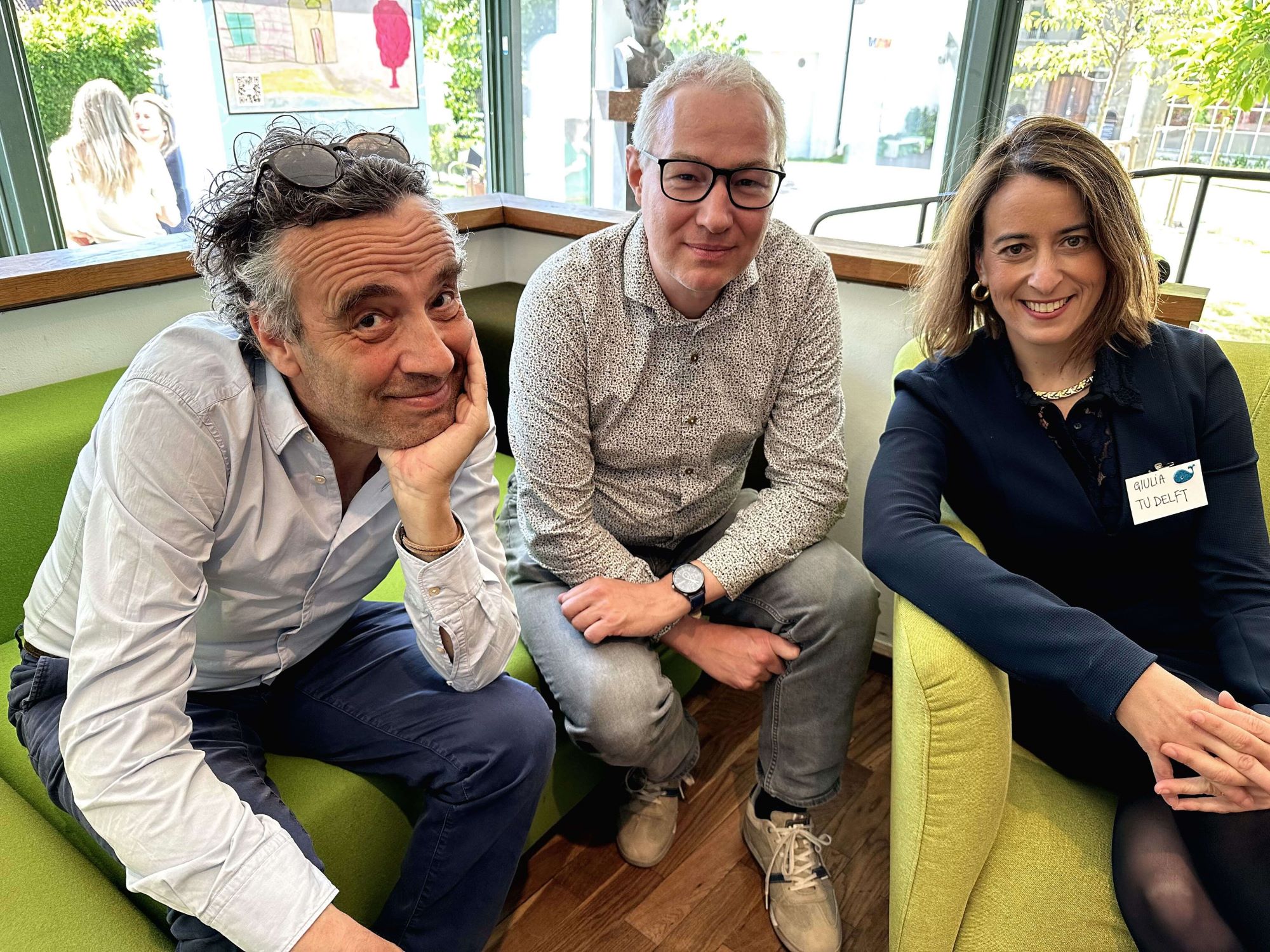IDE starts co-creating innovation policy for the European creative industries
Did you know that the European cultural and creative industries (CCIs) are cumulatively larger than the European automotive industry? This places Europe in a unique position to tackle its societal challenges through innovation. And to enable this sector to reach its full potential, the TU Delft | Faculty of Industrial Design Engineering (IDE) was co-selected to develop innovation policies for the European Commission.
To solve challenges related to climate change, digital advancements, and societal well-being, we need new ideas and solutions. As these issues are complex, it is important to have processes in place that allow experts to work together and explore new solutions. As cultural and creative industries take on innovative roles in solving these challenges, new policies are needed to empower CCIs and allow them to take more active roles in tackling these challenges.
IDE is a key partner of the Horizon Europe (ekip) project, European Cultural and Creative Industries Innovation Policy Platform. The project has been awarded a grant of €6 million from the European Commission to develop innovation policies for the cultural and creative industries.

Positioning culture in innovation ecosystem
This consortium of over 40 organisations will establish a network-driven policy recommendation engine for Europe’s cultural and creative industries. These insights will be further developed through Policy Labs. In these Labs, companies, researchers and citizens will collaboratively produce and iterate policy recommendations that will be tested in partner cities - Kosice, Rotterdam, Saint-Étienne, and Bratislava. An online observatory will ensure that this knowledge reaches policy makers, industry actors and other economic sectors.
TU Delft | IDE will work alongside other Dutch consortium partners – Beeld & Geluid and Gemeente Rotterdam - and coordinate our activities with CLICKNL. It is our role to gather data on needs, opportunities, and impact in relation to the cultural and creative industries. To match policy challenges with data needs and set up expert groups. And ultimately ensuring wide awareness and adoption of the forthcoming policy recommendations.
From TU Delft | IDE Paul Hekkert, Giulia Calabretta and Jeroen van der Aa are involved. The project officially kicked-off on 1 June 2023 in Lund, Sweden. During which, IDE and PoliMi co-organised the first policy creation workshop at the Unexpected Arts and Science Innovation Forum in Lund.

Interdisciplinary partners
The consortium brings together a wide range of interdisciplinary partners spread across Europe:
- Universities: Lund University (Sweden), The University of Edinburgh (UK), Delft University of Technology (Netherlands), The Polytechnic University of Milan (Italy), Humak University of Applied Sciences (Finland)
- Policy experts: Creativity Lab (Estonia), Technopolis Consulting Group (Belgium), IDEA Consult (Belgium)
- Representatives of CCIs: Creative Business Network (Denmark), The Netherlands Institute for Sound & Vision (Netherlands)
- Municipalities and city representatives: City of Rotterdam (Netherlands), Metropolitan Institute of Bratislava (Slovakia), Creative Industry Kosice (Slovakia), Cité du design-Higher School of Art and Design of Saint-Étienne (France);
- Creative companies: MSCOMM (Greece); Icoolhunt (Italy), New Moment (Slovenia)
